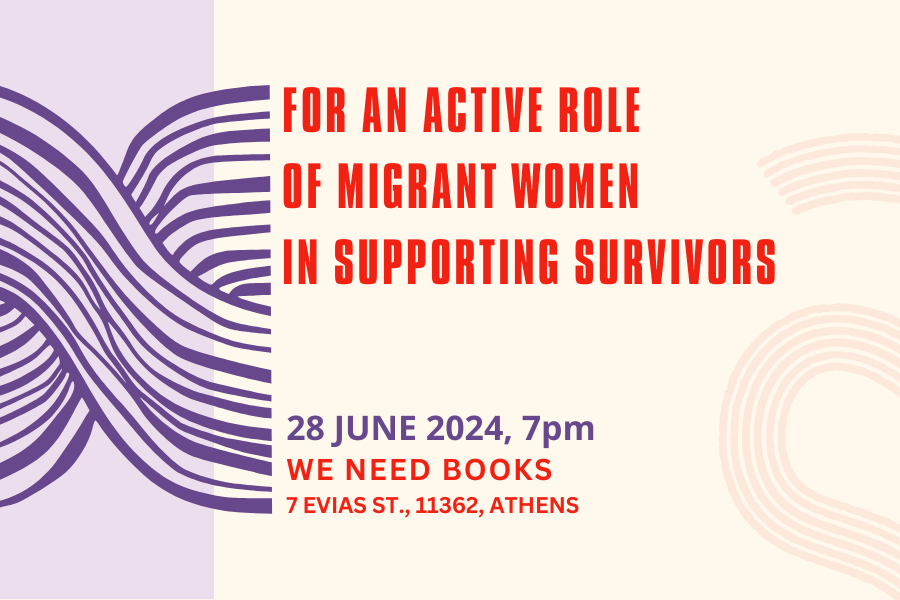
The active role of migrant women in supporting survivors
We invite you on Friday 28/06, 7pm. to the event of the Community Linkage program at We need books.

We invite you on Friday 28/06, 7pm. to the event of the Community Linkage program at We need books.
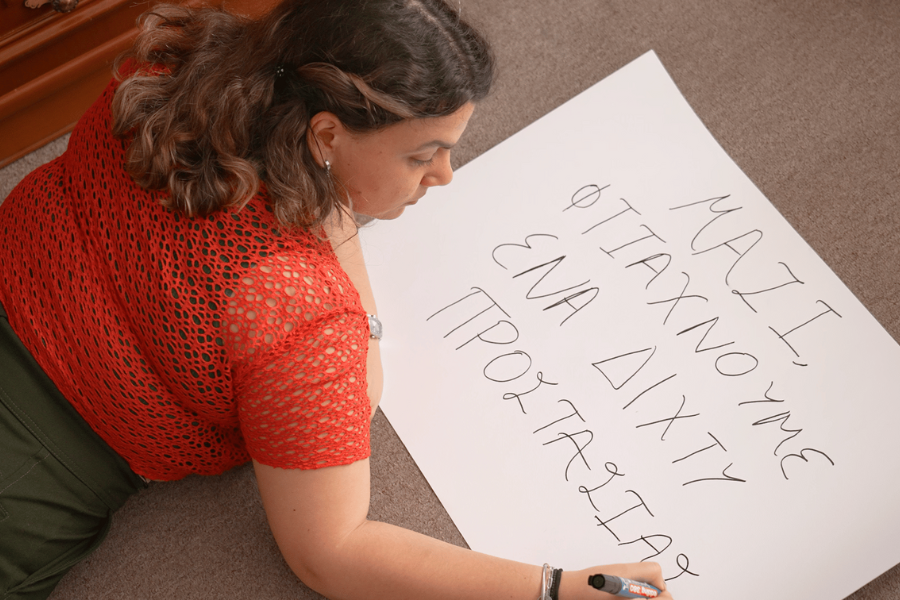
The Diotima Centre worked with 15 women from migrant communities to prevent gender-based violence. Watch the video.
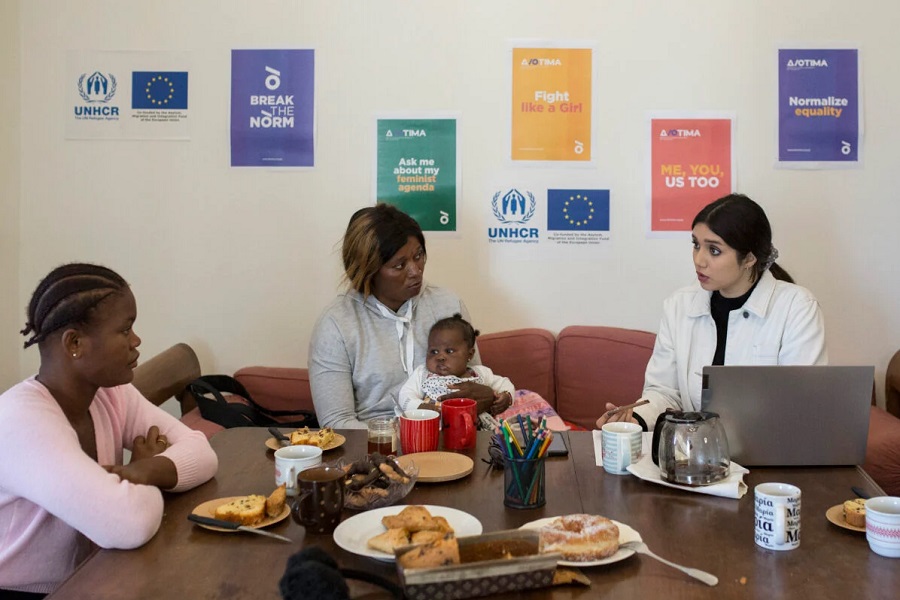
The meetings at the Diotima Center’s “Women’s Info Point” in Lesbos are a transformative and liberating process.
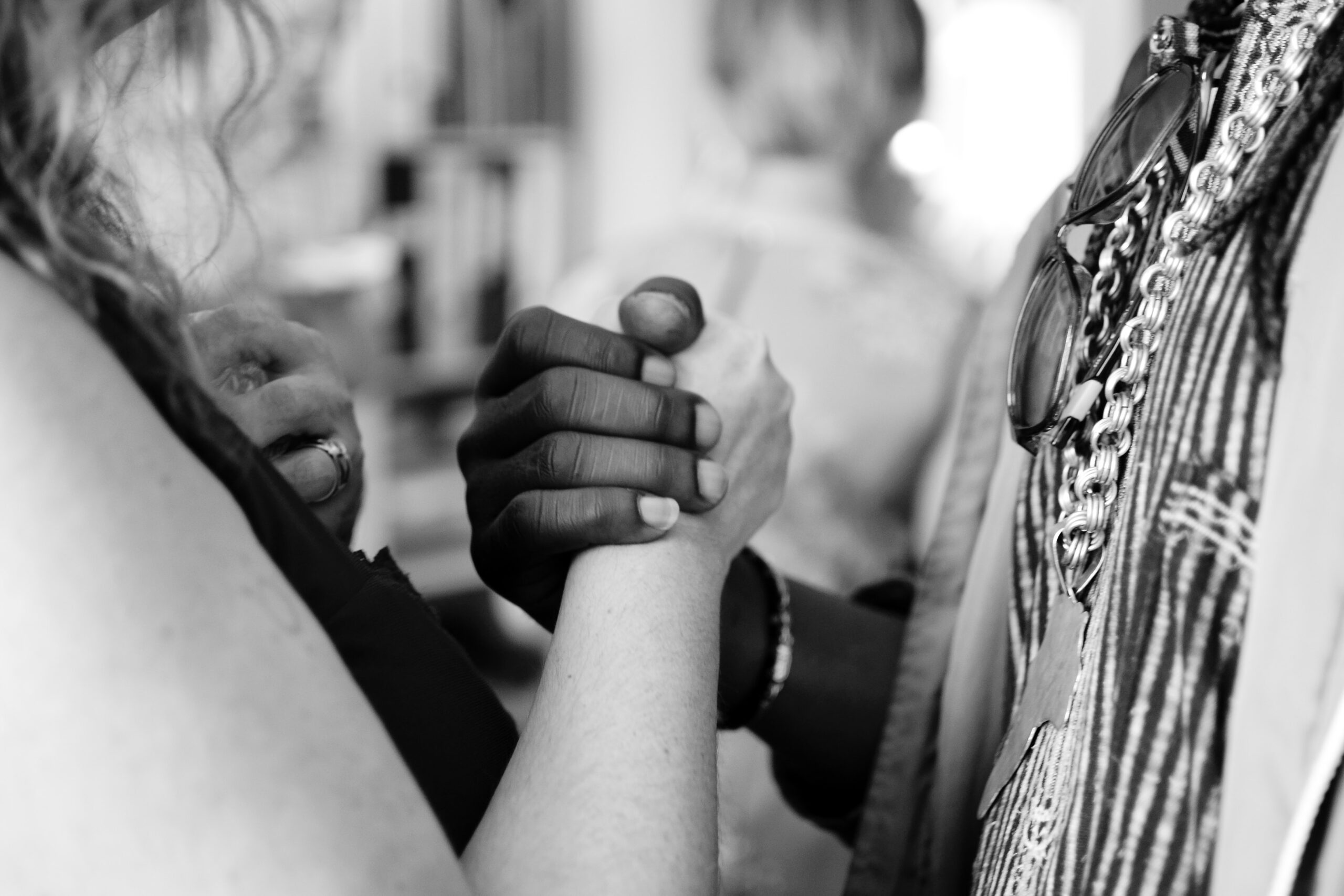
The program activities will start in January 2023, in Athens, and the total duration of participation will be 120 hours.
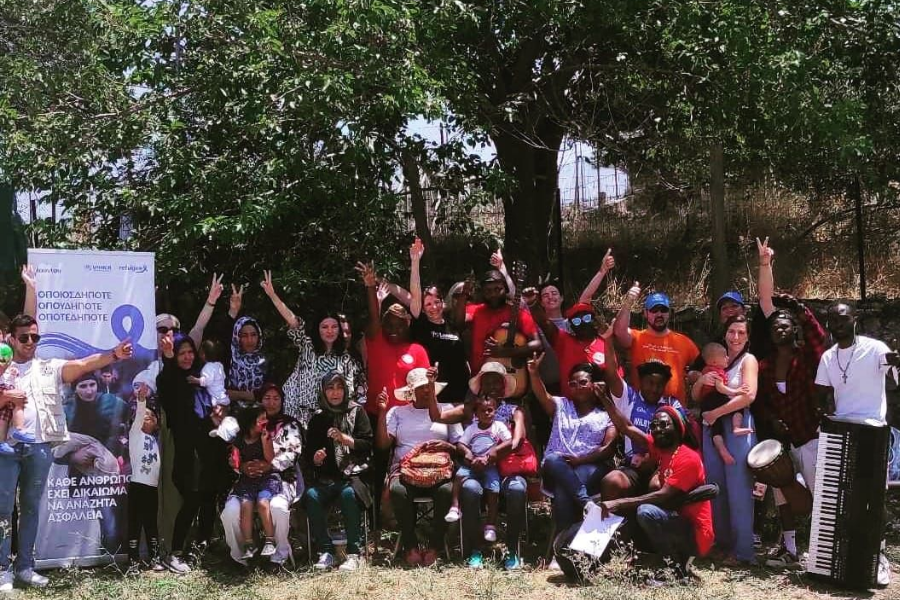
The Diotima Center organized an event for refugee women in Lesbos, on the occasion of World Refugee Day.
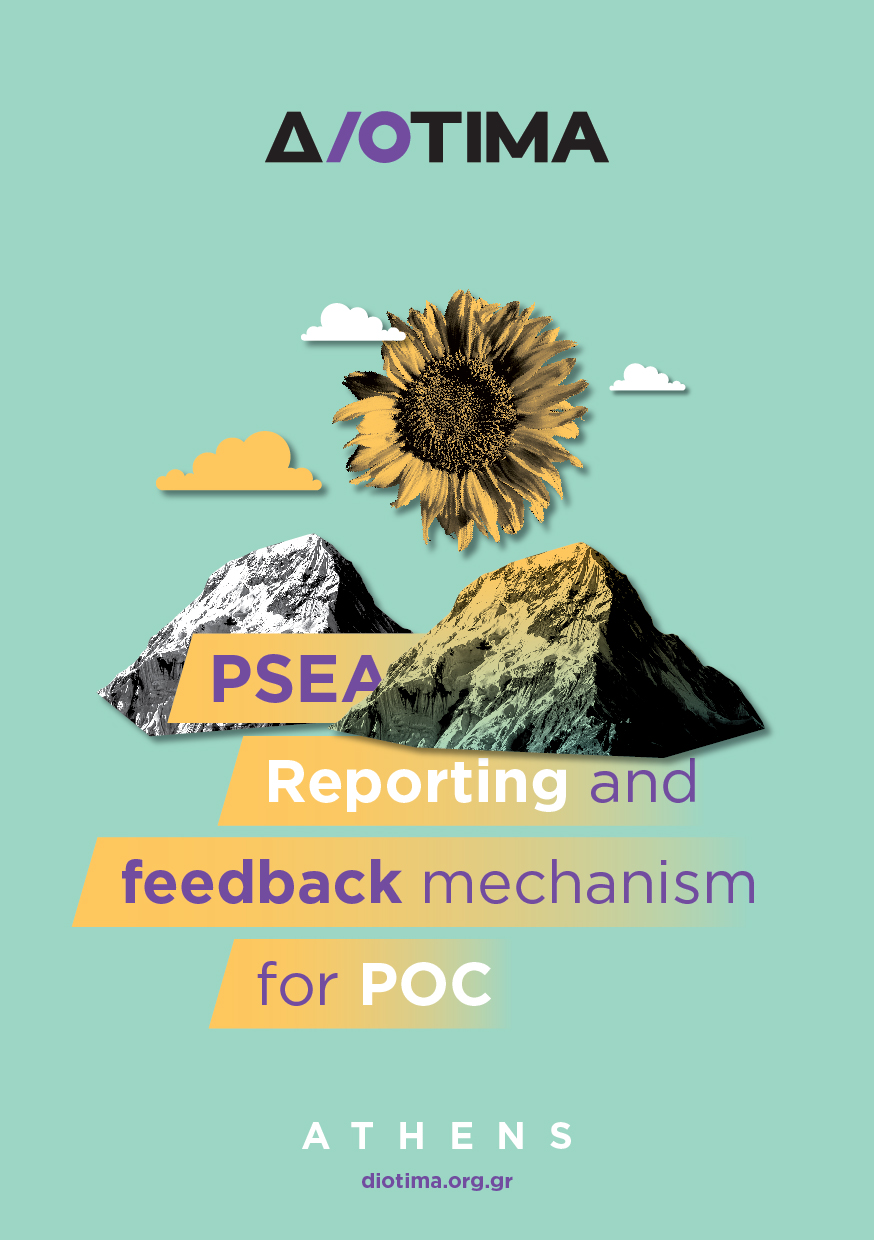
The below brochure includes information in regards to the Protection from Sexual Exploitation and Abuse (PSEA).
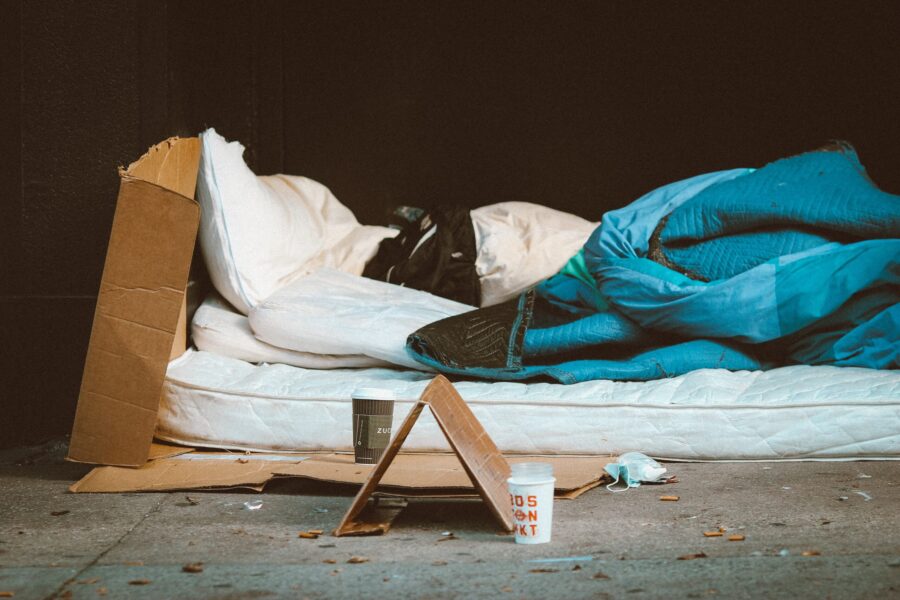
A new report outlines gaps in policy and the challenges to housing faced by asylum seekers and refugees in Greece.

Over 400 women and 45 men participated in 2021, in the actions to prevent gender-based violence, at the Diotima Center in Thessaloniki.
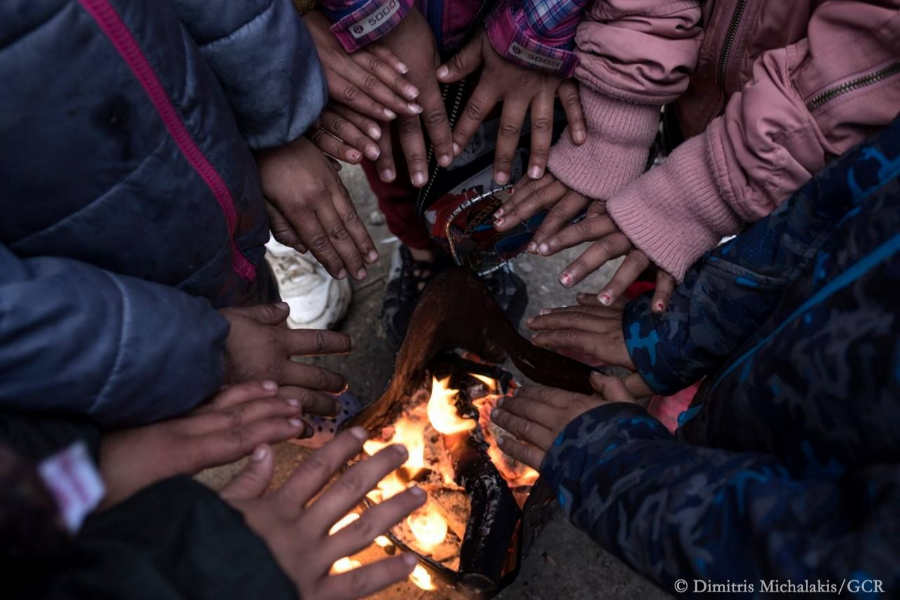
Civil society organizations have sent a letter to Pope Francis regarding the refugee situation in view of his upcoming visit to Greece.
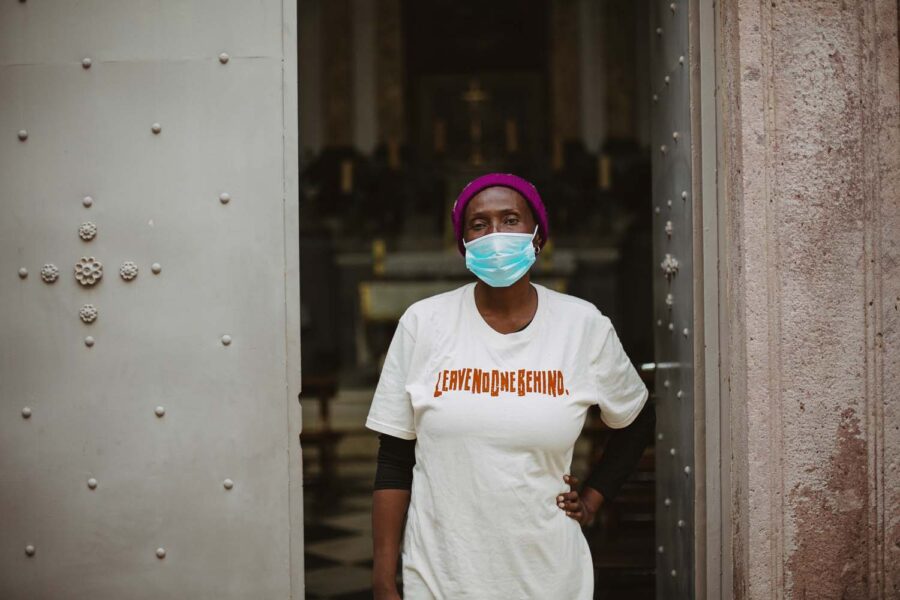
Cecile is a survivor of gender-based violence, she lives in Lesvos and receives psychosocial support from the “Diotima Centre”.

The new digital campaign “Do the human right thing” gives rise to people on the move voices in order to be heard louder.
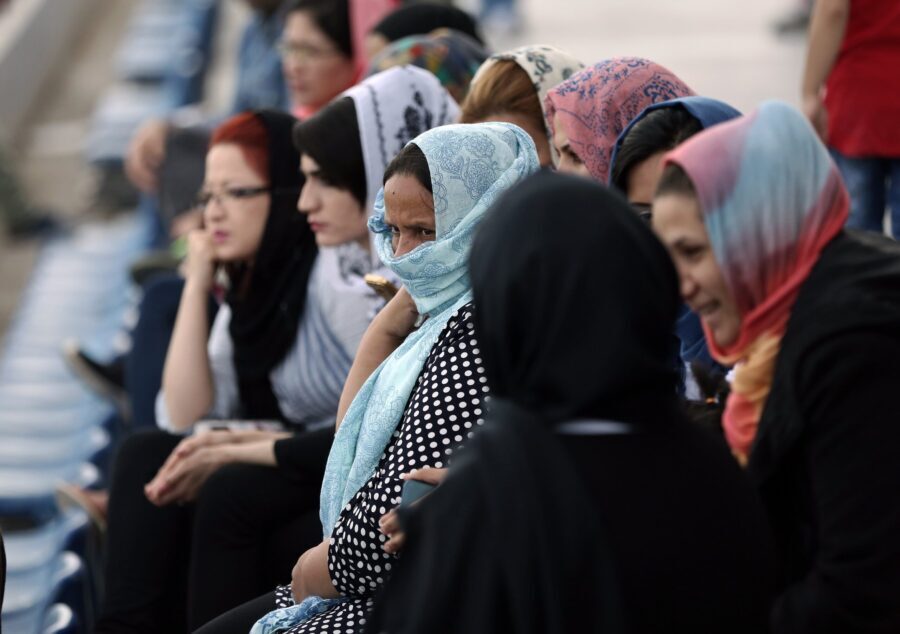
Its goal is to advocate for the integration of refugees and international protection
seekers in Greek society.
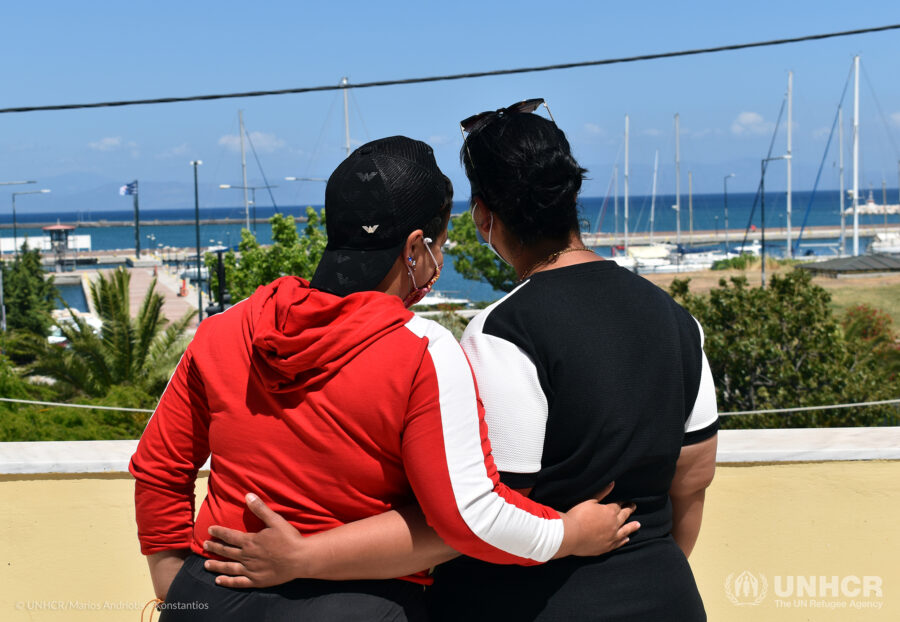
Miry and Farrah experienced fear, oppression, and violence from the moment they fell in love in their home country.
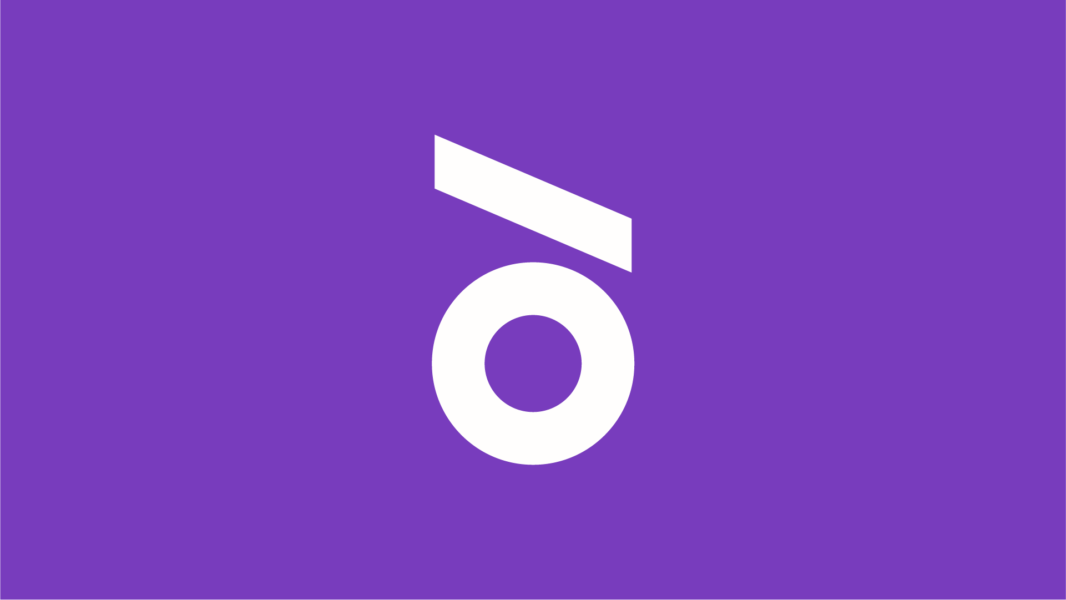
The study documents the experiences of migrant and refugee survivors of domestic violence from the police response system.

Addressing to professionals who would like to integrate a more gender and culturally sensitized approach into their activities.
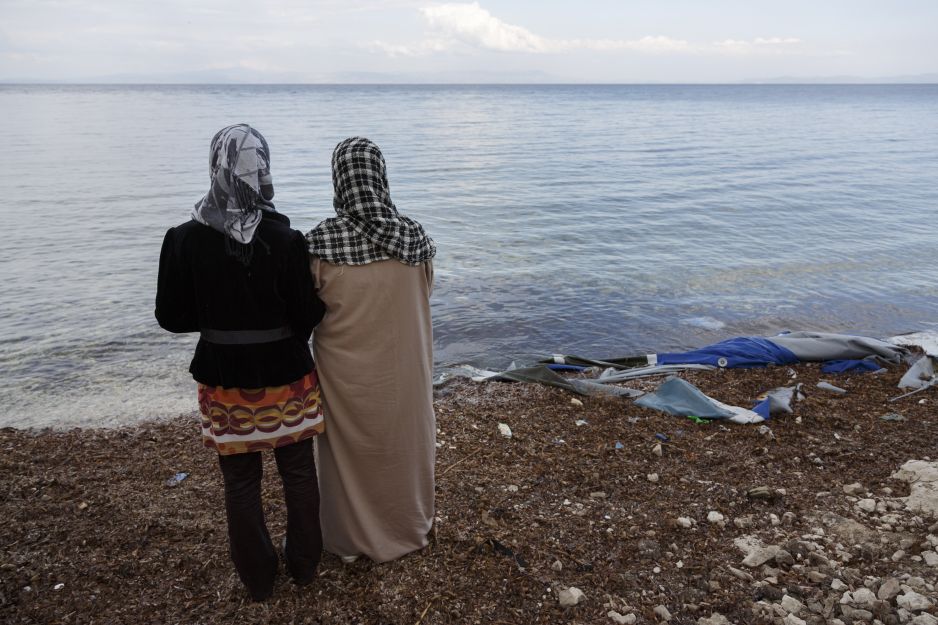
Diotima expresses its concern about the increase in the number of survivors of GBV – asylum seekers living in conditions of homelessness.
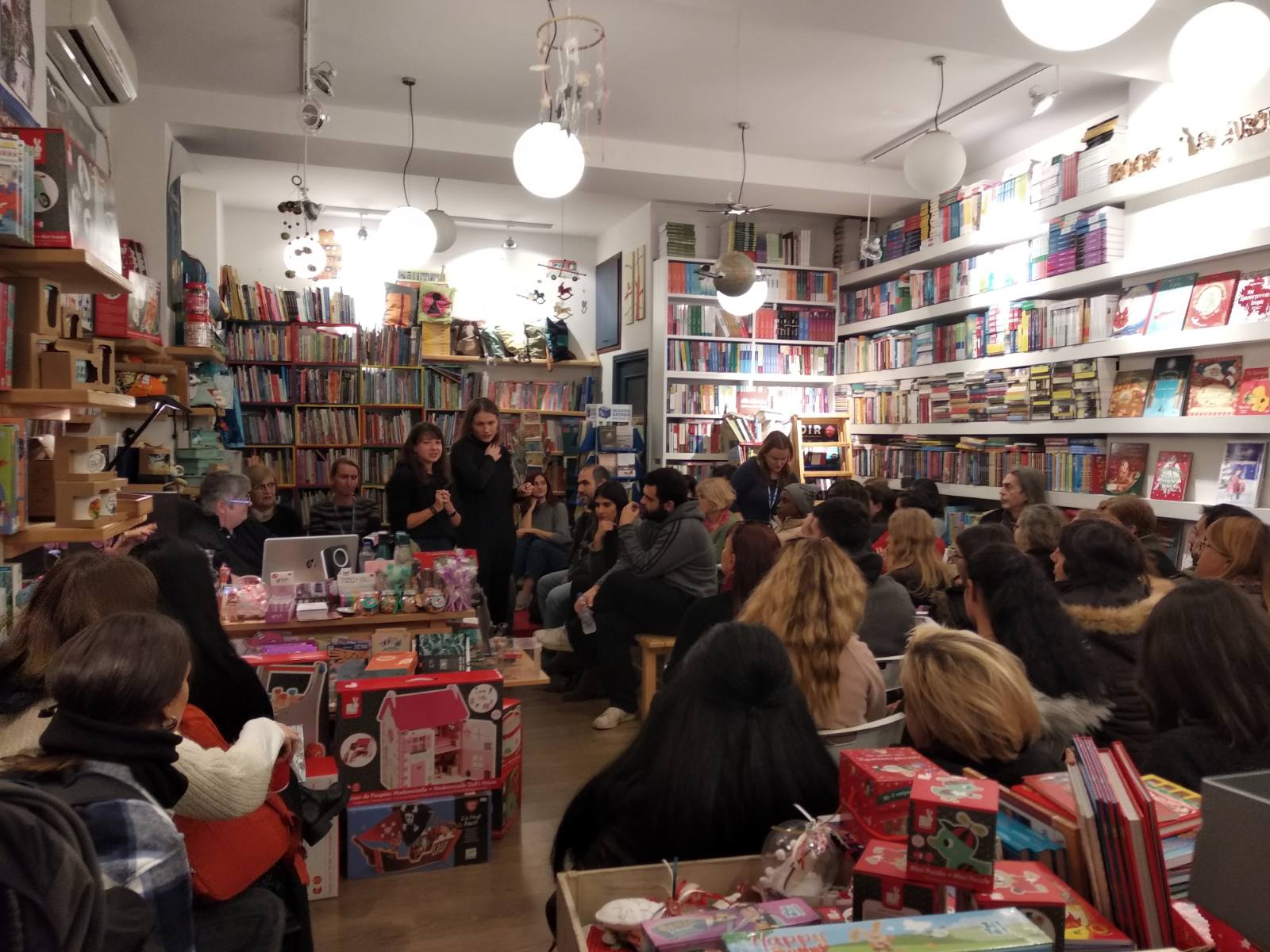
Six women from Cameroon, all residing in Moria in Lesvos, are writing about their trauma of gender-based violence.

The guidance document focuses on the best practices concerning interpretation and cultural mediation based on the gender criteria.
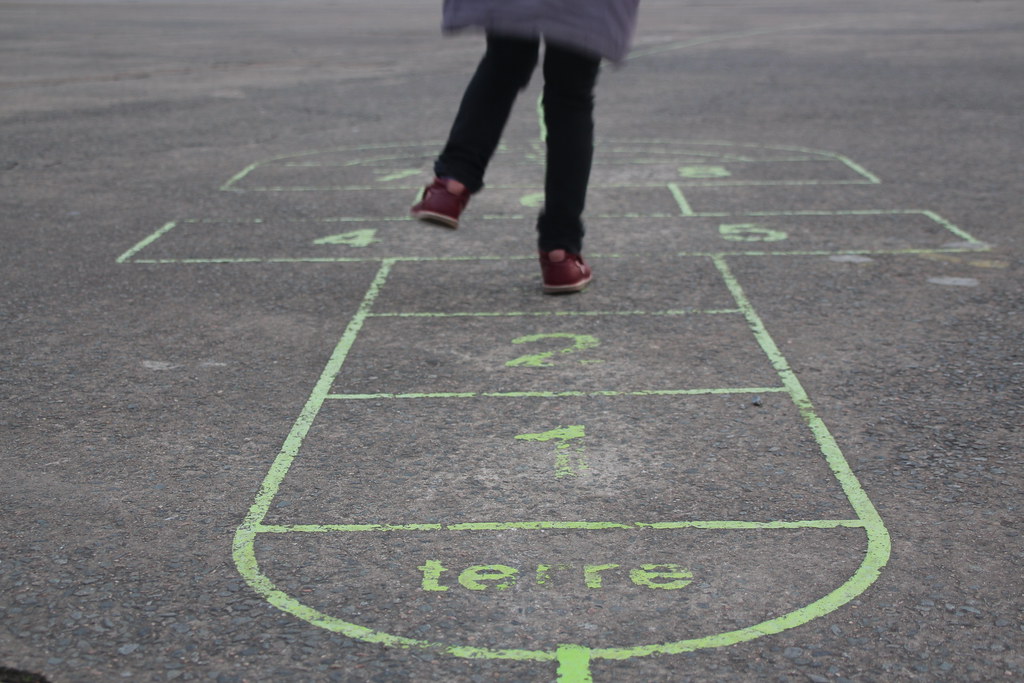
On the occasion of the 16 days of activism, the Diotima Center and the UNHCR are holding an event to present the text “Pousse Pion”.
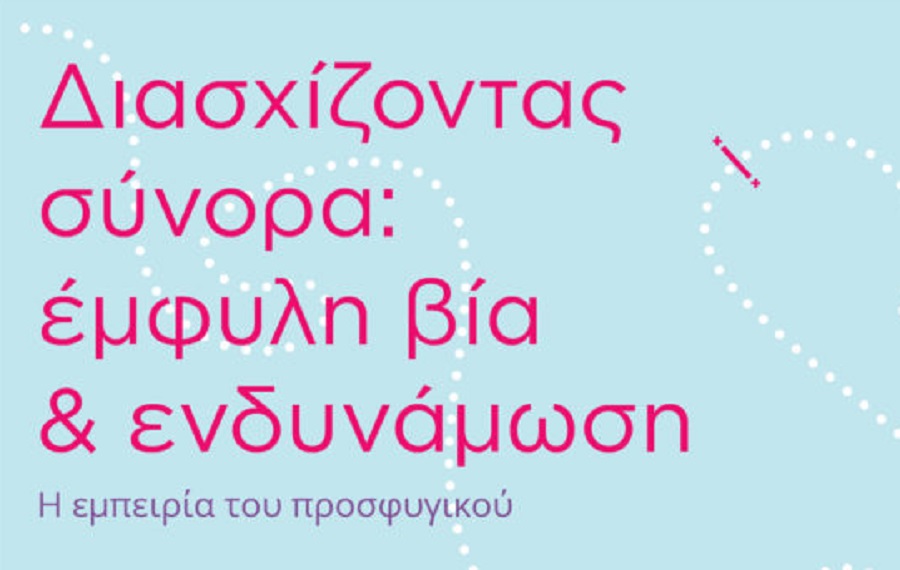
Through the event, we seek to open a lively dialogue on the issues of gender-based violence and refugeeism.

Francophones from Cameroon and Congo, participate in the creative writing workshop of the Diotima Center in Lesvos, with the support of UNHCR GREECE.
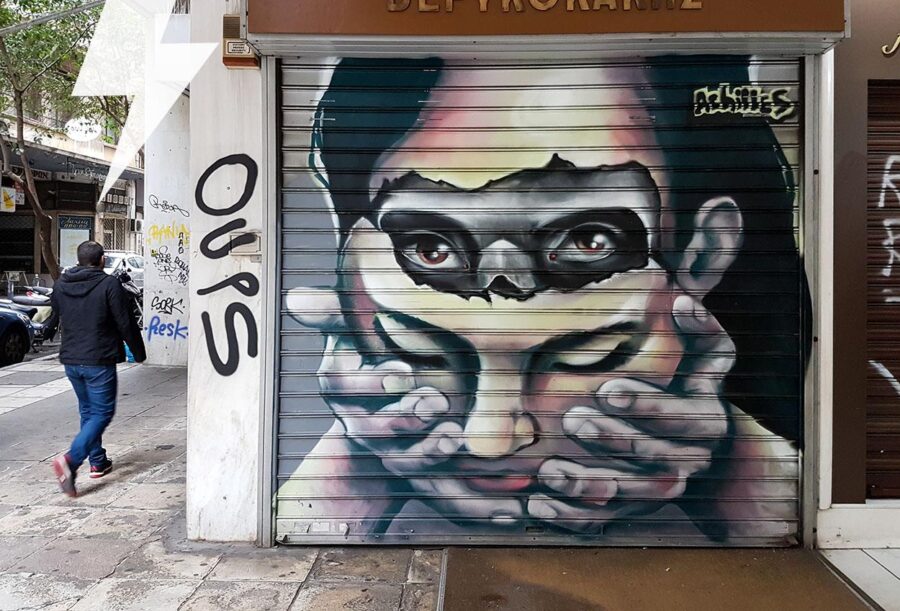
Tour of the city and its monuments, from above, from a roof garden. The refugees of the Farsi-speaking empowerment group get to know Athens.
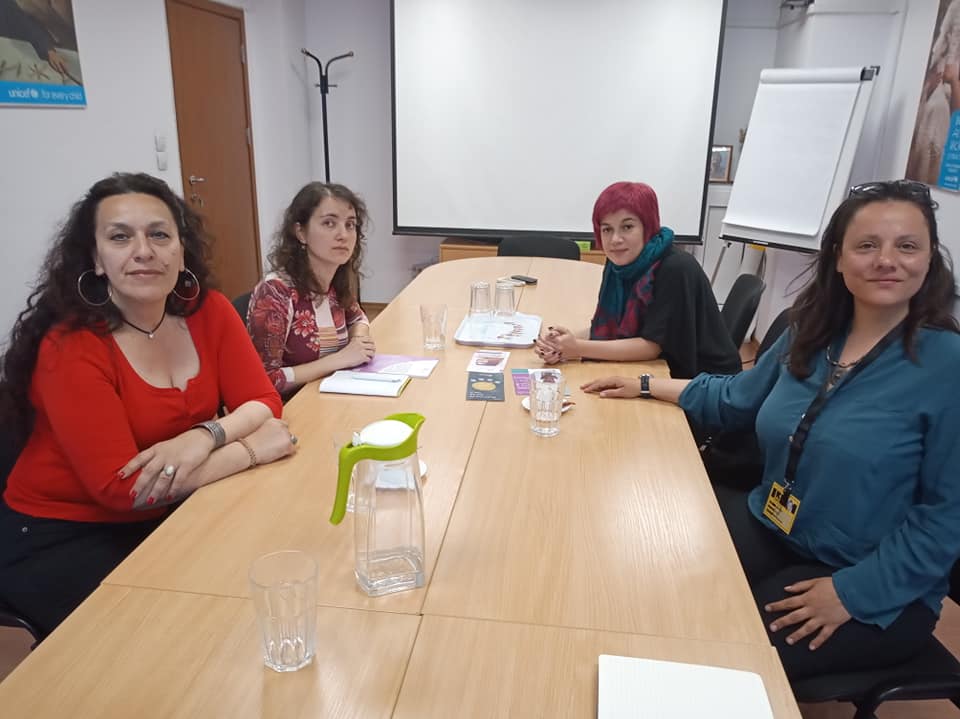
In the framework of the Survivor program, the second exchange visit of good practices for dealing with gender-based violence took place in Bulgaria.

Guide for professionals working with refugee populations to promote a culturally sensitive approach regarding the protection of GBV survivors.

This guidance document constitutes an introduction to the basic concept of GBV, international legal standards and gender equality.

This index seeks to contribute to the public discussion regarding GBV and improving the protection of victims.

This document provides guidelines aiming to sensitize and educate professionals about gender-based violence.
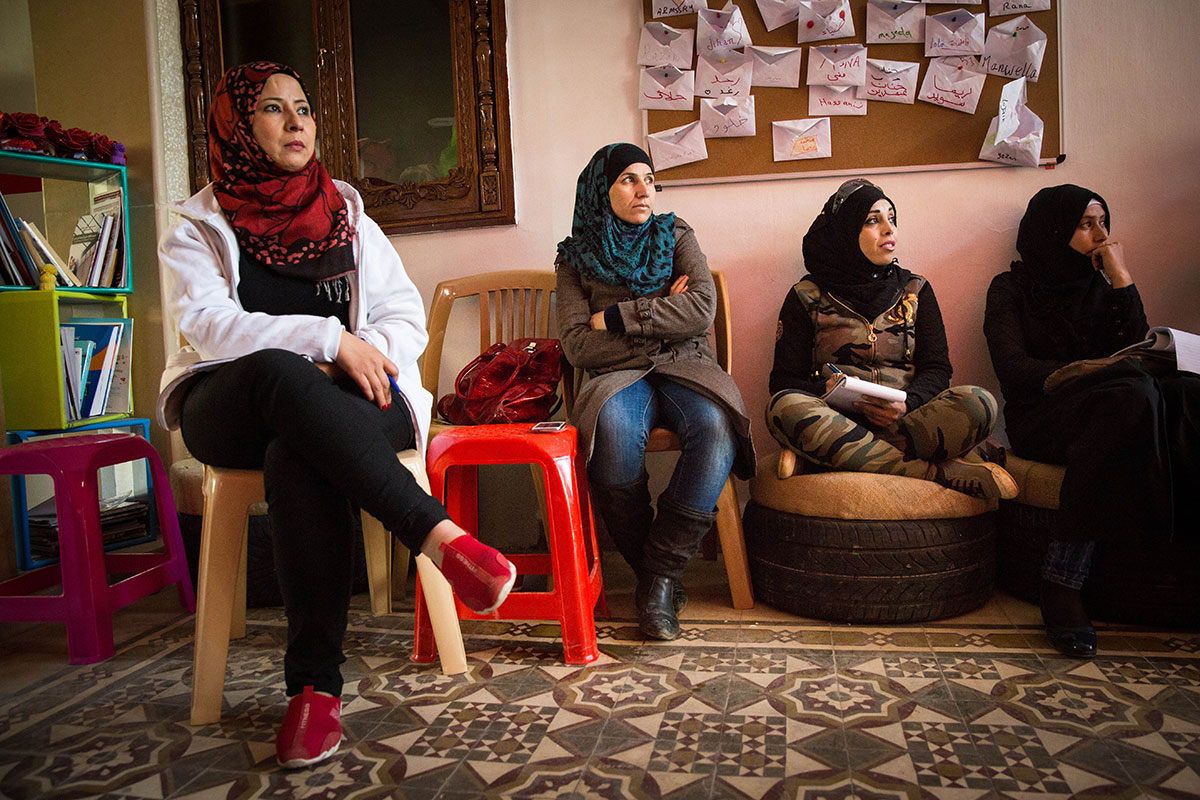
Women from Iran, Iraq, Kuwait, Syria, and Afghanistan make up the multilingual refugee empowerment groups organized by the Diotima Centre.
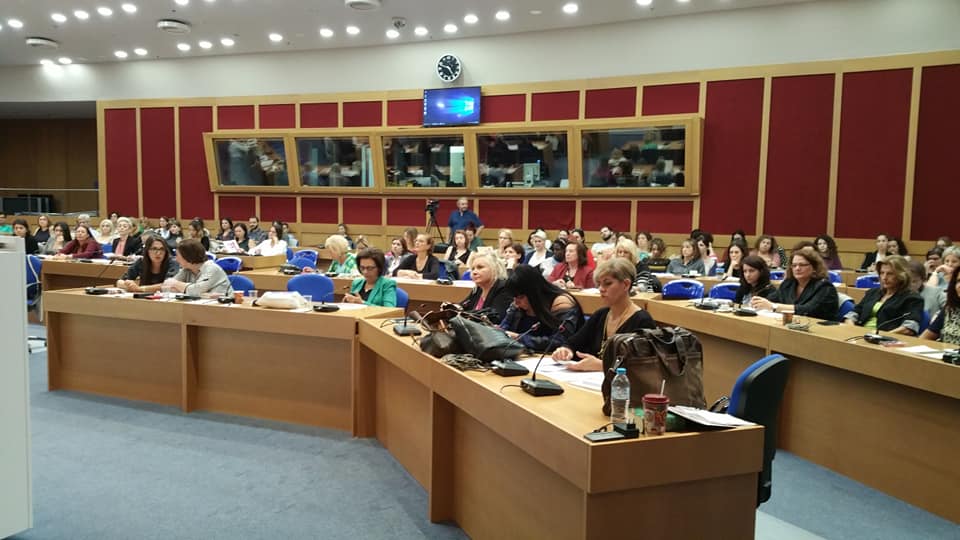
On 10/10/2018, the GSGE held a conference on the occasion of the entry into force of the Istanbul Convention.
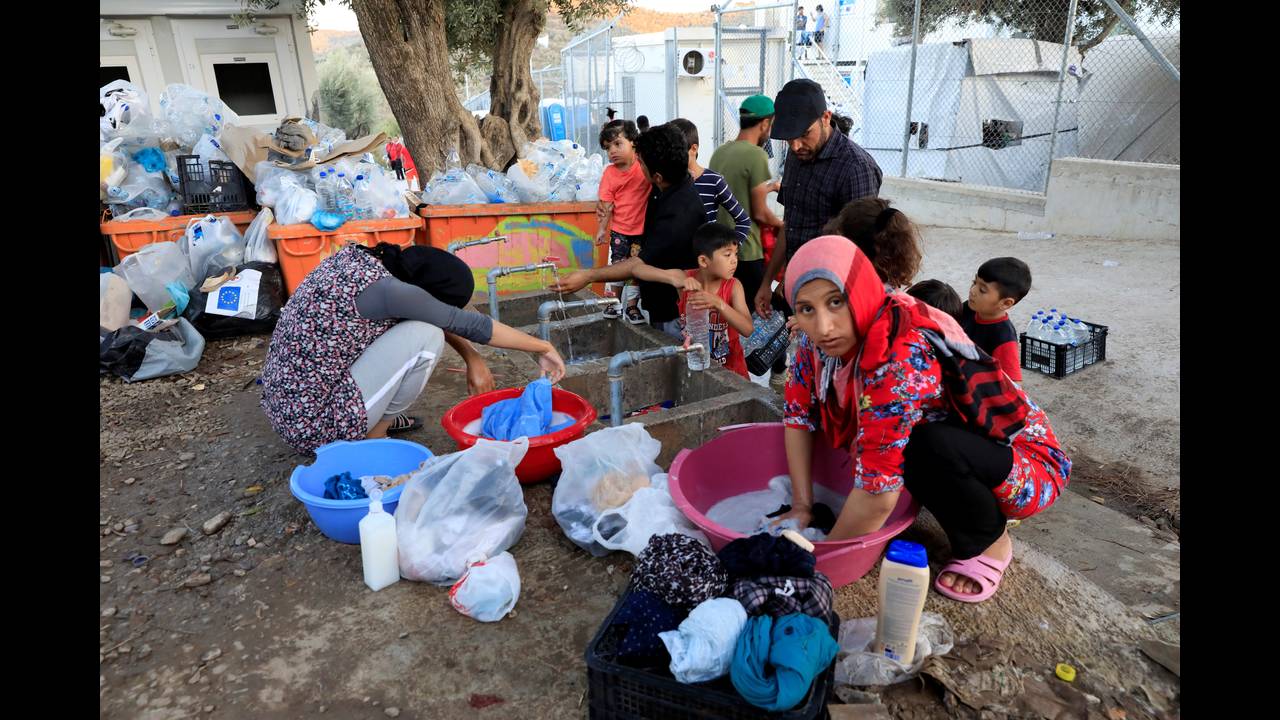
“You set off in the morning for the town. 2-3 kilometres before the port, another boat arrives from the other side. Around 15 people come out… An ordinary day in Lesvos”.
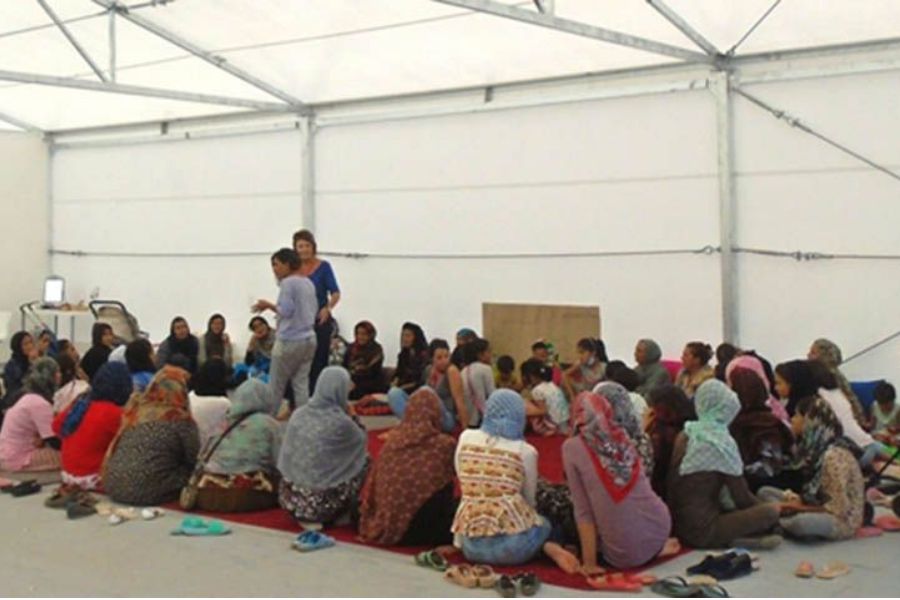
The shelters had been protected spaces for the women refugees, where they could attend educational programs.

The action was organized by the Mayoralty of Social Policy of the Municipality of Larissa in cooperation with the Diotima Centre.
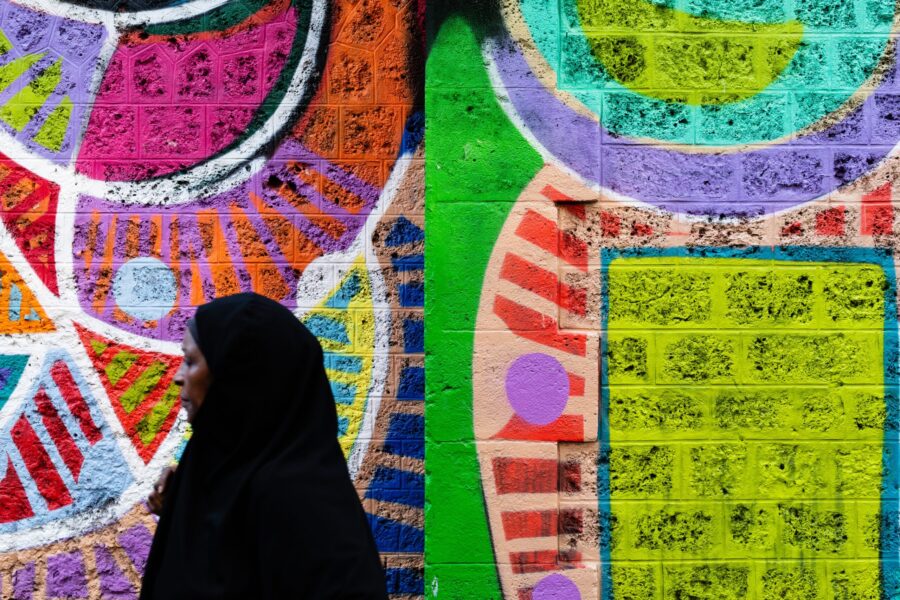
Our teams in Athens and Thessaloniki provided legal and psychosocial support to 75 cases of gender-based violence.
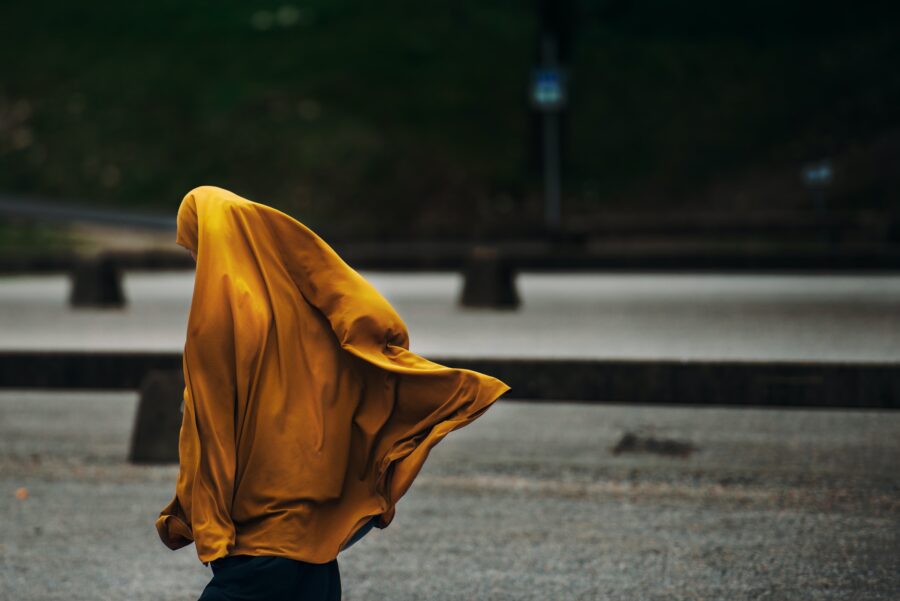
FRA identifies major shortcomings in the basic needs and rights of refugees and migrants in all European countries.

The study of Diotima Centre is entitled “Study to Detect the Needs of Refugee Women Living in Temporary Accommodation Structures”.

Women of all ages, with their children, came to have fun dancing and talking or simply to exchange wishes with their acquaintances.

This research records the needs of vulnerable female refugees living in temporary accommodation services for refugees in Greece

This guide seeks to clarify the concepts, procedures and rights of female asylum seekers and recognized female refugees.